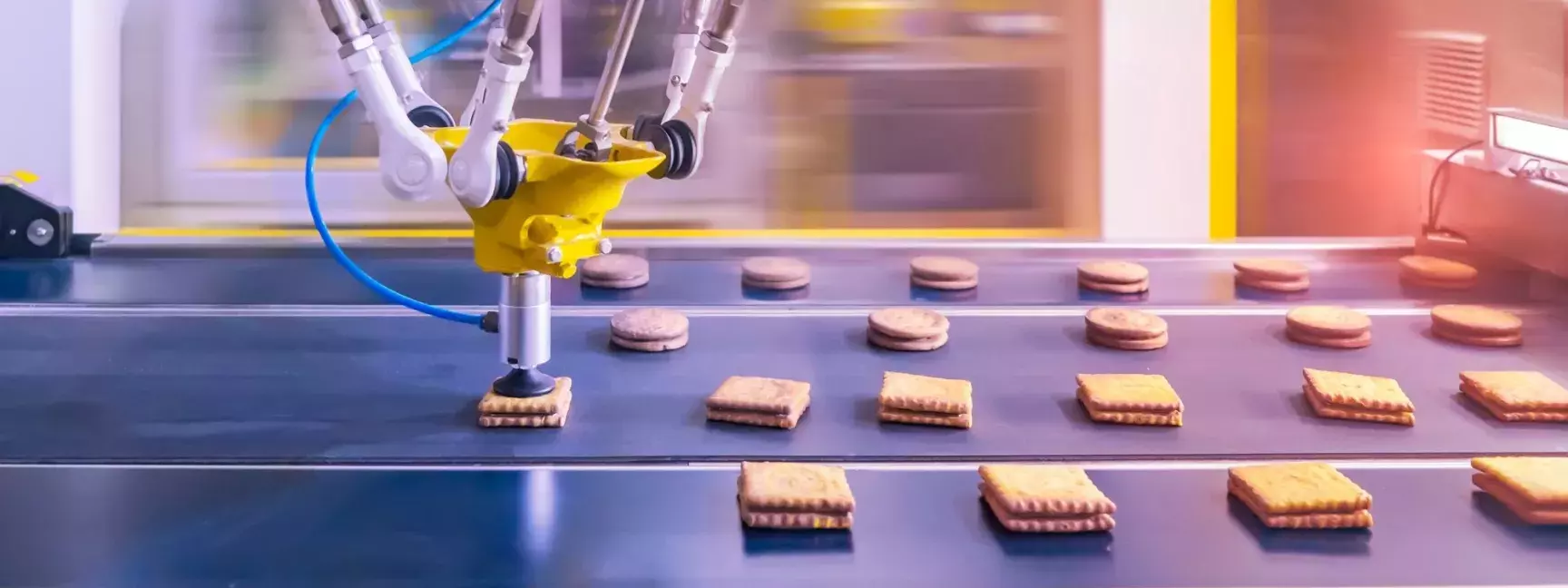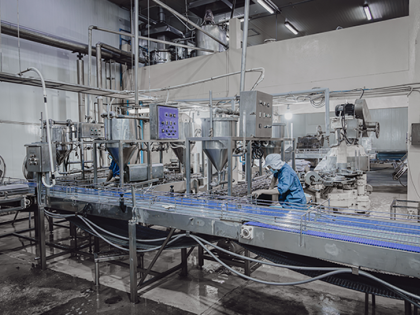A Competitive Capital Allocation Tool for the Food Production Sector
Unlock the value of your company's commercial real estate with W. P. Carey.

Unlock the value of your company's commercial real estate with W. P. Carey.
Founded in 1973, W. P. Carey has 50+ years of experience providing custom capital solutions to publicly-traded and privately-held companies, developers, private-equity firms and their portfolio companies. Our diversified portfolio comprises 172 million square feet of corporate assets across a range of tenants, tenant industries, property types and geographies.
The primary benefit of a sale-leaseback is the ability to immediately convert an illiquid asset into liquid capital to meet both short- and long-term needs, such as paying off debt, purchasing new equipment or investing in growth initiatives. From an accounting perspective, sale-leasebacks can also help boost a company’s balance sheet by putting them in a better cash position and improving their debt-to-equity ratio, enabling them to secure more attractive debt financing in the future should they need it.
Sale-leasebacks enable companies to extract 100% fair market value for their real estate, compared to about 80% or less for a mortgage loan. With real estate valuations at all-time highs due to increased investor competition and high demand for assets, sale-leasebacks will likely yield more cash than traditional financing, enabling corporate sellers to maximize proceeds and invest more capital back into their business.
As inflation continues to surge, companies are leveraging sale-leasebacks to help mitigate the negative impact of sustained high inflation. Unlocking the value of corporate real estate and reinvesting those proceeds back into the business can not only help companies ride out the current wave of rising prices and maintain operating margins, but also set them up with the capital needed for long-term growth and success.
With traditional debt, companies typically have to refinance every three, five or ten years which exposes companies to interest rate risk and future economic downturns and does not effectively match long-term assets (buildings and equipment) with long-term liabilities. Through sale-leasebacks, sellers sign a long-term lease – often 20 to 30 years – and lock in an attractive long-term rental rate that creates security and predictability for a company. The ability to lock in an attractive long-term rental rate today is especially advantageous in the current rising rate environment.
Compared to other types of financing, sale-leasebacks offer sellers more control over the structure and terms of the deal. Sale-leaseback financings can be tailored to a company’s needs and can include flexibility for future growth, such as capital for an expansion. When structured as a triple-net lease, the seller maintains operational control of the property, avoiding disruption to the day-to-day operation of the business.
One of the most overlooked benefits of a sale-leaseback is the potential to gain a long-term partner with the capital to support future real estate needs including, expansions, build-to-suits of new commercial properties, renovations, green energy installations and more. Long-term real estate investors like WPC are committed to owning the property for the duration of the lease and beyond and are willing to invest capital into the building well after the lease is signed to ensure the property is meeting the tenant’s long-term needs.

$166 million sale-leaseback of specialty food manufacturing facility serving over 20,000 customers across 90+ brands.

W. P. Carey completes $70 million sale-leaseback of food production portfolio in Italy and Spain.